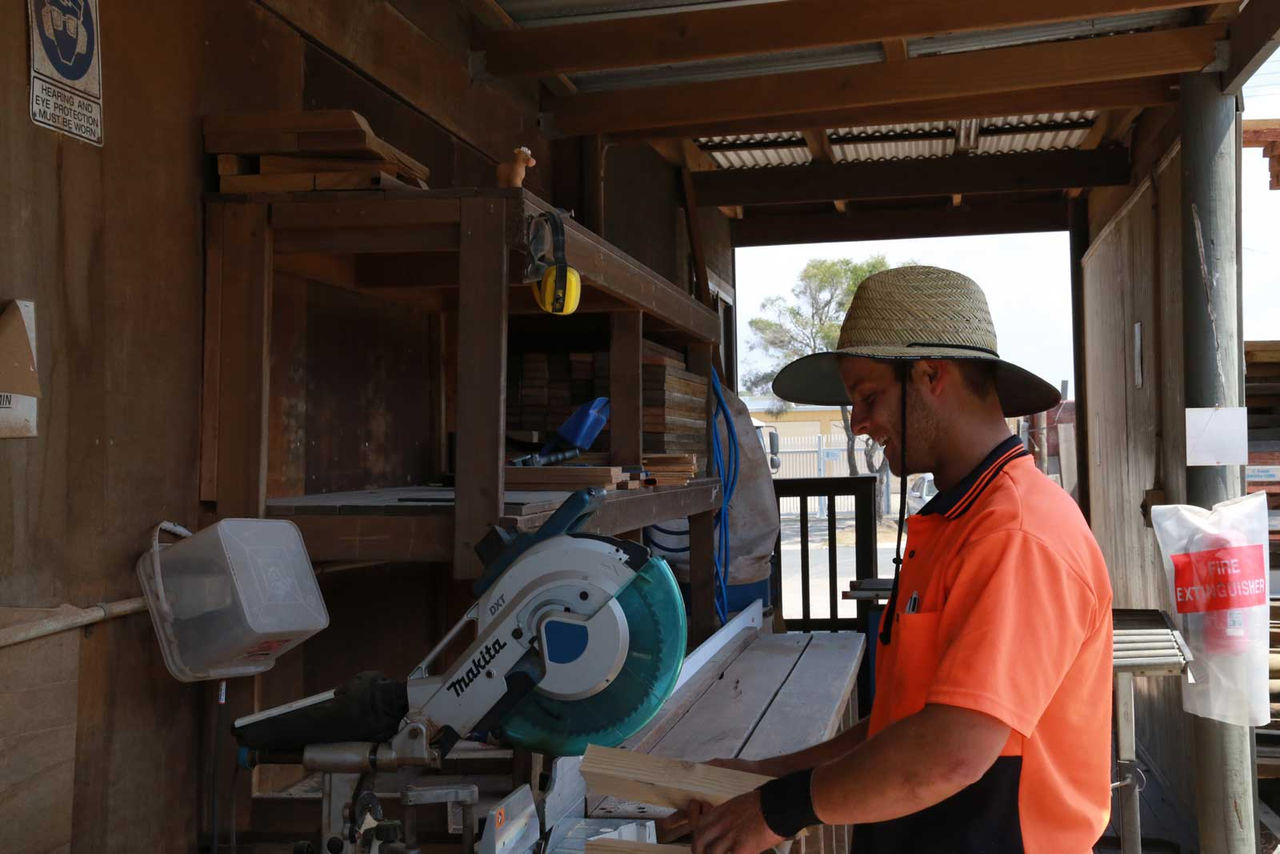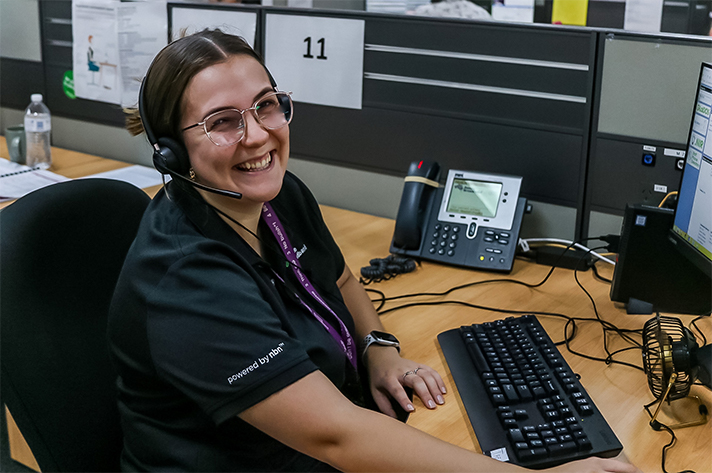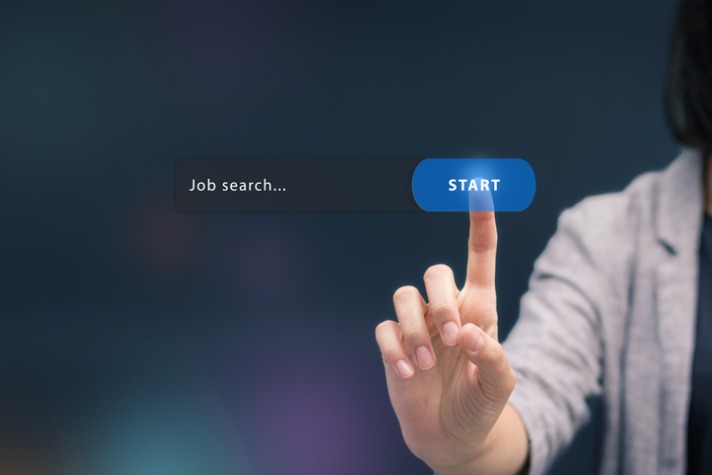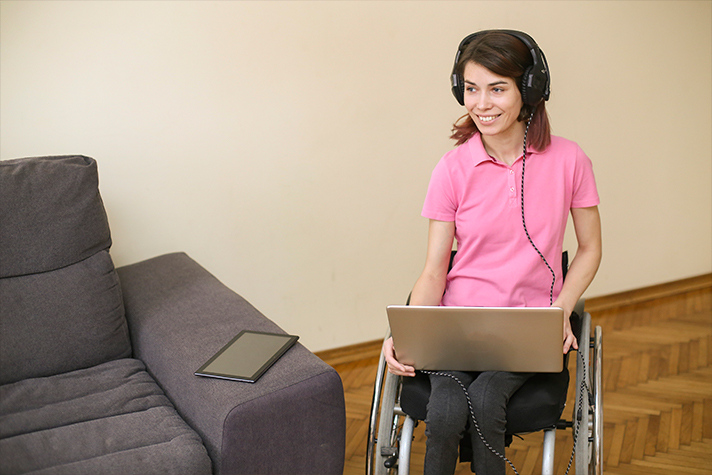Could COVID-19 create more disability friendly workplaces?
Published by MAXSolutions on July 06, 2020

Working from home was a welcome routine for a lot of employees during COVID-19. But could the biggest beneficiaries of this ‘new normal’ be people with disabilities?
COVID-19 might have changed the way we work for good. Twitter recently said it will allow its staff to work from home ‘forever’. Other companies are reporting a surge in employees who aren’t as interested in the daily commute now they’ve tasted flexible working.
One group of us, however, could see a particular benefit. Scott Laing, general manager of Allied Health services at MAX, believes more home working could help reduce the gap in employment outcomes between people with disabilities and those without.
“We’ve heard a lot of feedback about COVID changing the way employers think about flexible home working,” said Scott.
“Time will tell how much. But we know businesses have sunk a lot of resources into supporting remote work during COVID-19 and if we emerge from lockdown with more focus on flexible working arrangements, it can only be a good thing for people with disabilities."
"Not everyone with a disability needs, or wants, to work from home. But for those who do, this could be a pivotal moment.”
Who could benefit from more flexible working?
So who could benefit and why? The short answer is most of us. People with disabilities often outperform colleagues without a disability. Employers who encourage diverse, inclusive cultures also tend to be more productive and have better employee retention.
In other words, it is in everyone’s interest to create workplaces that attract staff from different backgrounds.
“The simple fact is that a lot of people could benefit from a move to more home working after COVID,” says Scott. “Among them you have employees who might not be comfortable working in unfamiliar or unpredictable, dynamic environments. This includes some people with autism or attention deficit, hyperactivity disorder.”
The ability to work from home may also especially benefit those with mobility impairments. A group who can find it time consuming, difficult or expensive to travel outside the home. But Scott also highlights the potential benefits to people with visual or hearing impediments.
“How businesses communicate and conduct meetings has moved away from traditional face to face meetings. Most of us are now comfortable using group text chats, instant messenger and Zoom calls, which can be easily modified to individual needs with assistive technology,” he said.
This is an important point, says Scott, because some employers still assume (wrongly) that ‘reasonable adjustments’ are expensive and difficult.
“Organisations like MAX work very closely with employers and customers with disabilities to understand their specific requirements. We also support people through those first few days, weeks and months in new jobs,” he said.
“Our experience is that employers who prioritise flexible support options, are more likely to attract people from different backgrounds and with disabilities.”
Get in touch with MAX
MAX works with customers to develop a plan that is unique to them. Once you are in work, we support you and your employer as you settle in. Find out more on our disability employment services pages.
We also help employers identify any workplace adjustments that may be needed to support someone with a disability into work.
Tags
Found this useful?
Help and advice
Our blogs are about helping people seek the information that they need for their steps in the workforce.


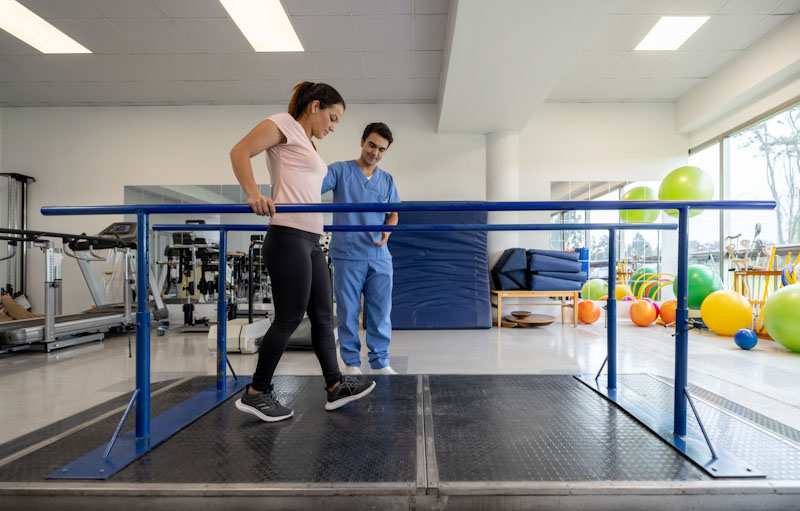
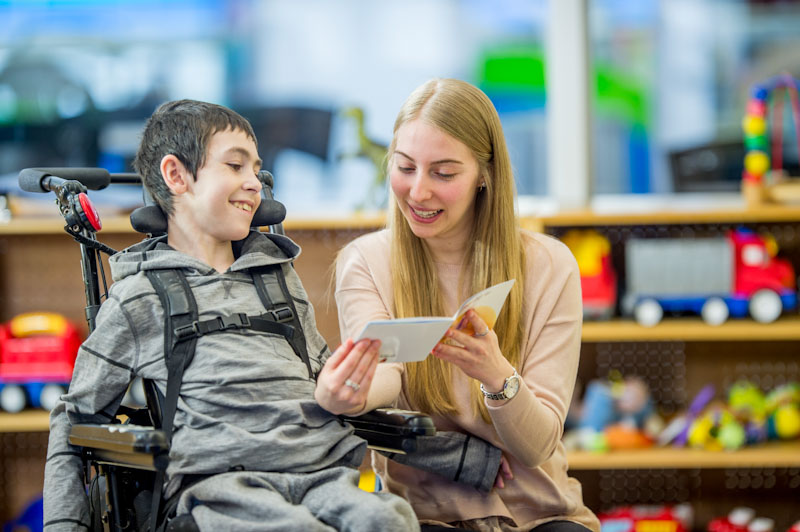
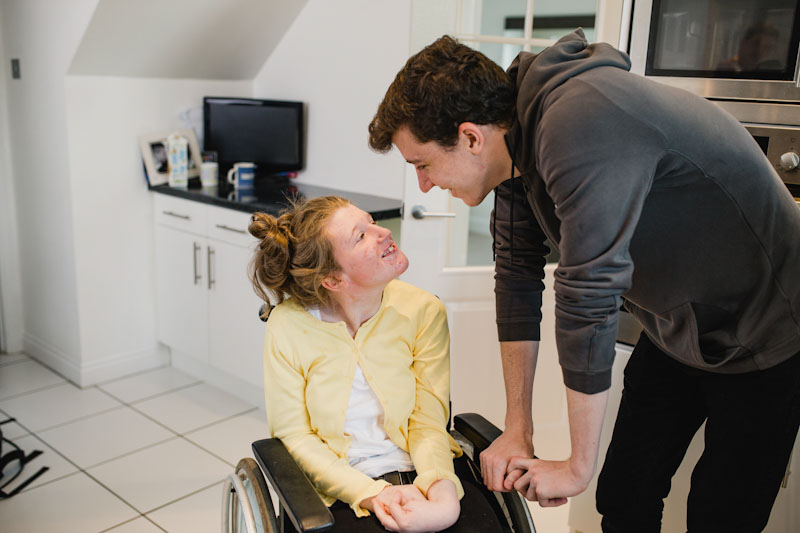




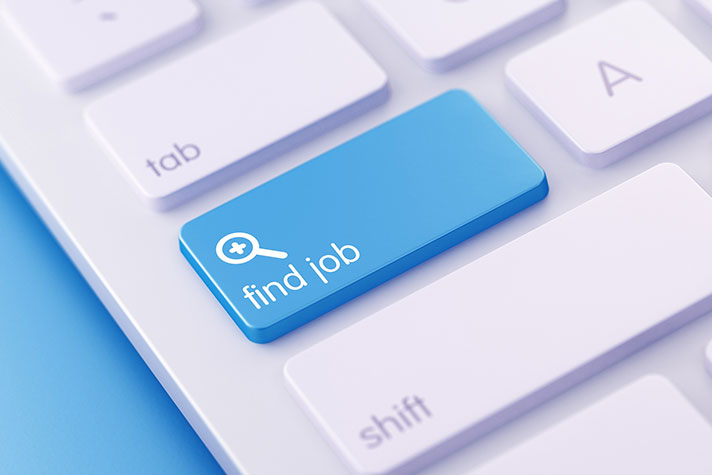




_1.jpg)




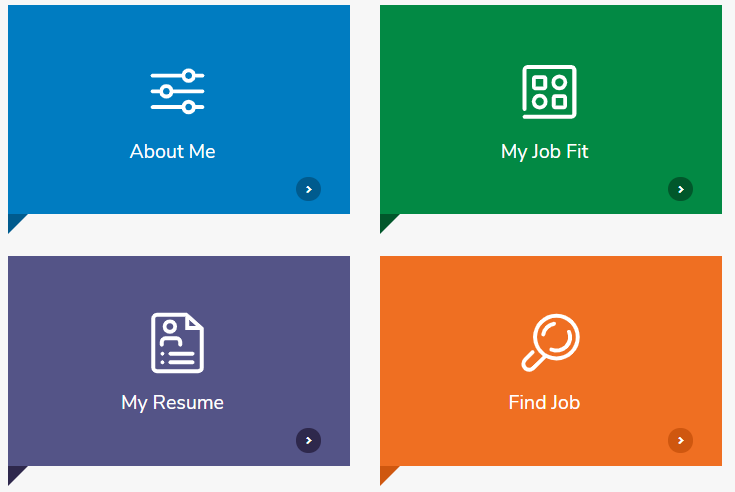

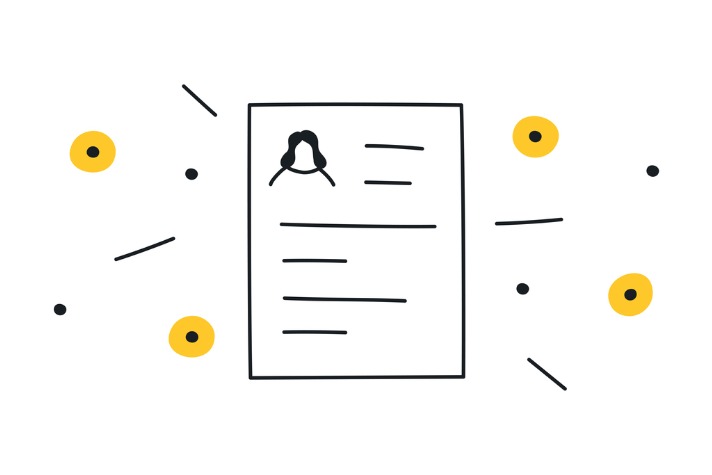

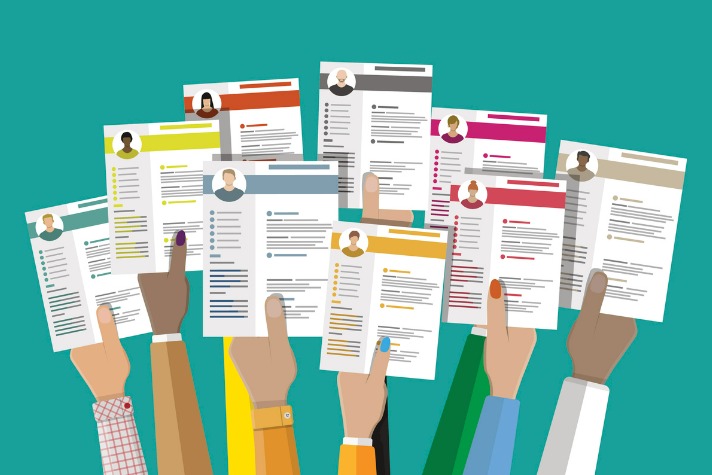









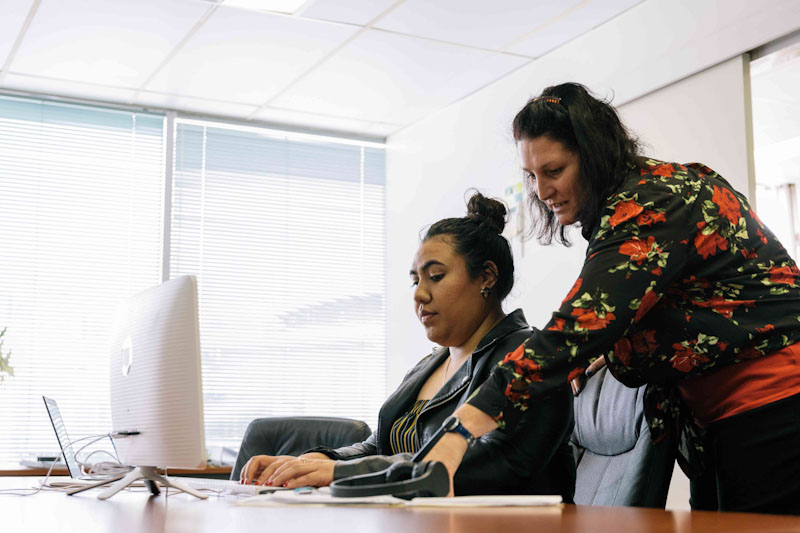










.jpeg)
